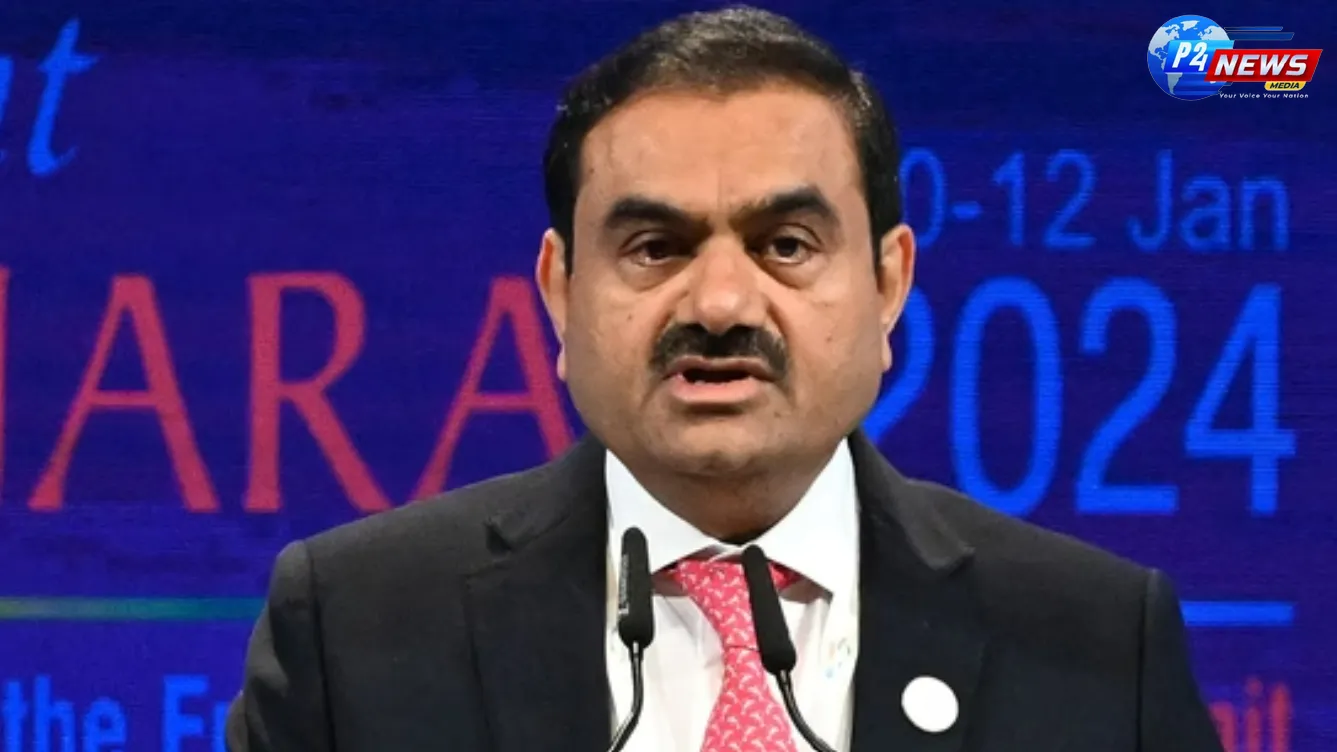The White House acknowledges the charges against Gautam Adani and expresses faith in managing escalating tensions related to bribery allegations.
Gautam Adani, the chairman of Adani Group, has been indicted by U.S. prosecutors for allegedly partaking in a massive bribery scheme involving more than $250 million aimed at securing contracts for solar projects in India. This development has raised significant concerns, prompting a response from the White House, which expressed confidence in managing the unfolding crisis.
During a press briefing, White House press secretary Karine Jean-Pierre acknowledged the serious nature of the allegations directed at Adani but emphasized that the deep-rooted relationship between the United States and India remains resilient. “We are aware of the situation surrounding Mr. Adani and we are confident that we can navigate through this issue as we have with prior matters,” she stated. The administration’s assertion aims to alleviate fears regarding the potential impact on U.S.-India relations stemming from the bribery allegations.
According to court documents, Gautam Adani and seven others, including his nephew Sagar Adani, are accused of conspiring to pay bribes to Indian government officials to secure solar contracts. These contracts were projected to generate an astonishing $2 billion in profits over the next two decades, facilitating the development of what would become India’s largest solar power facility.
While Adani Group has vehemently rejected these claims as unfounded, the political ramifications in India are unfolding. Following the indictment, shares in Adani Group plummeted over 23 percent, reflecting investor concerns regarding the potential fallout from the allegations. The company asserted in a public statement, “The allegations presented by the U.S. Department of Justice and the Securities and Exchange Commission against our executives are baseless and will be contested through all available legal avenues.”
The opposition in India, particularly from Congress party leader Rahul Gandhi, has seized upon the situation, calling for Adani’s immediate arrest. Gandhi vocally criticized Prime Minister Narendra Modi, suggesting that he is being influenced by Adani, while arguing that the billionaire should not be afforded protection amidst such serious allegations. “The law must take its course, and we want to see accountability, but we know that Modi’s administration will shield him,” Gandhi remarked during a press conference in New Delhi.
In contrast, the ruling BJP party defended Modi and rejected the opposition's claims as politically motivated. BJP spokesperson Sambit Patra emphasized that the situation should be left to the judicial process, insisting that the law will handle the matter accordingly. “This is an orchestrated attack against our leadership, and it’s important to recognize that the legal system will ultimately respond to these allegations,” Patra stated.
The indictments against Gautam Adani present a significant challenge, not only for him and his conglomerate but also for India’s international standing, particularly in relation to its dealings with the U.S. The ongoing situation will undoubtedly be monitored closely by investors and political observers alike, as the implications of the case unfold. U.S. legal actions against foreign figures can often spark broader conversations about international business ethics and governance practices, highlighting the need for transparency in cross-border investments, especially within emerging markets like India.
As the story develops, the attention will likely remain fixated on the outcomes of the charges against Adani and how they may reshape the landscape of corporate governance in India, alongside the dynamics of Indo-U.S. relations.







Comments 0